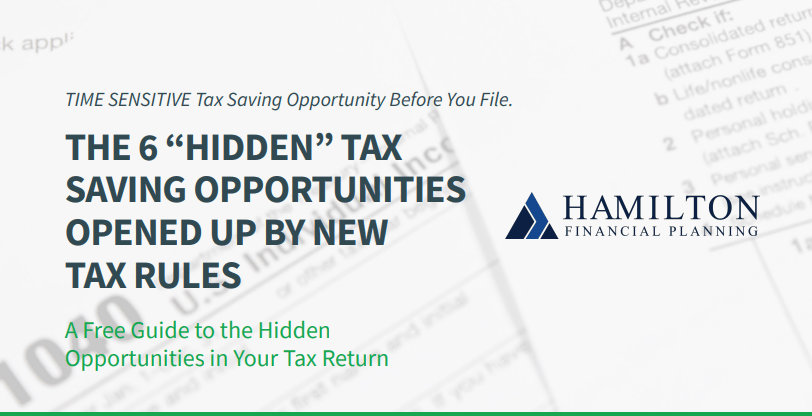5 Financial Goals for the New Year
Welcome to the new year and now is the time to create financial goals to help you get on track and set yourself up for a more financially stable future. Sometimes getting your finances organized can be a daunting task, but by setting a few yearly goals, it can be easier than you think.
Table of Contents
Start 2019 Off Right By Getting Started on These 5 Financial Goals:
1. Draft a Monthly Budget
Even though this may seem like a common goal, many people find it hard to complete this task each month and stick to it. A monthly budget is the beginning of gaining better control of your finances and the more detailed, the better. When creating your budget, make sure that every penny is accounted for including savings, investments, clothing, food, entertainment, etc.
It will not only help you realize what you spend each month, but it also will help direct your focus on areas where you can improve and goals you can set for the extra money you may have when sticking to your budget.
2. Take Control of Your Debt
Debt can be one of the primary factors that can hold you back from financial success. Make a reasonable plan to reduce your debt and stick to it. You can start by determining a reasonable amount of debt that you would like to reduce for the year, making sure that the goal is attainable. Next, determine how much you will need to pay each month in order to reduce your debt by the goal amount.
Finally, you will need to look at your budget and find a way to fit this amount each month, even if it means cutting back on other areas of the budget. It is also important to make sure that you do not add any more debt throughout the year.

3. Make an Emergency Fund a Priority
Medical costs, major vehicle repairs, job layoffs, or house maintenance can quickly derail a budget. You should make sure that you have a fund set up specifically to handle these unforeseen expenses, so you don’t have to alter your monthly budget to accommodate. A good rule of thumb for an emergency fund is to start with a month’s income plus $1,000.
Once this goal is achieved, you should keep saving until you have about six months of expenses. Add an amount each month in your budget to add to your emergency fund and if you need to use it for an emergency during the year, you will need to regrow it.
4. Prioritize Retirement Savings
Saving for retirement is something often put on the back burner until it is too late. It is essential to realize that the sooner you begin retirement savings, the more time it will have to grow and the better return you will have on your investment. If you are paying down your debt, try to contribute the amount that your company will match up to or at least 5 percent. If you do not have to tackle much debt, consider paying in as much as you can.
5. Create a Long-Term Financial Plan
Goals can be more difficult to set if you are having difficulty envisioning the rewards that will come with financial stability. Consider any long-term financial goals you may have such as buying a new house or retirement. Draft out a plan that includes savings, investing, and other ways to build the wealth you need to achieve these goals. You can start with smaller goals, so they seem less daunting. Having a plan in place will help you stay on track and guide your financial decisions.
Make this year, the year you take control of your finances and get on the right track to achieving your future goals. Consider the five financial goals listed above to help you get started.
Need Help Achieving Your Financial Goals?
We Can Help! Schedule Your Complimentary Get Acquainted Meeting Today.
Get The Insurance Coverage You Need
If you are still unsure as to whether or not you need an umbrella policy, our team at Hamilton Financial Planning can help! Schedule a complimentary get-acquainted meeting online or reach out to us at 512-261-0808 or scott@hamiltonfinancialplanning.com.
About Scott
Scott Hamilton is the founder and chief financial officer at Hamilton Financial Planning, a wealth management firm that specializes in providing comprehensive financial planning for retirees in Dallas, Houston, and Austin, Texas. With over 20 years of experience in the financial industry, and has completed over 250 financial plans for retirees across all industries, but mostly the oil and gas industry, Scott is passionate about providing his clients with the tools and insight they need to achieve their financial goals.
He has a Bachelor of Business Administration in finance from Texas State University and an MBA in international finance from Pepperdine University. Scott has also been happily married to his wife, Gayle, for over 25 years. To learn more about Scott, connect with him on LinkedIn.

